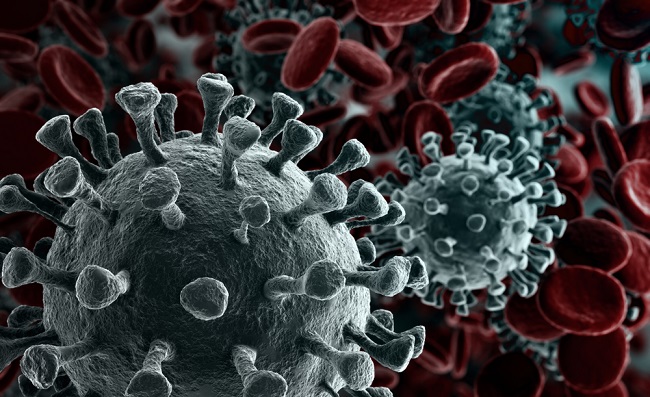
A study of all healthcare workers employed by the NHS in Scotland and their households (which has not yet been peer-reviewed), shows that the rate of infection with Covid-19 for people that live with healthcare workers is at least 30% lower when the worker has been vaccinated mostly with a single dose.
Since household members of healthcare workers can also be infected via other people (not just via the healthcare worker they live with), this 30% relative risk reduction is an underestimate of the ‘true’ effect of vaccination on transmission.
Research led by Public Health Scotland and the University of Glasgow (with contributions from researchers at the London School of Hygiene and Tropical Medicine, Glasgow Caledonian University, the University of Edinburgh, and the University of Strathclyde) involved over 300,000 people in total and ran between 8 December 2020 and 3 March 2021. The study, using record linkage, compared cases of Covid-19 and hospitalisations due to Covid-19 in household members of both vaccinated, and unvaccinated health care workers.
Where healthcare workers had received a second dose of the vaccine at least 14 days before, their household members had a rate of Covid-19 which was at least 54% lower than household members where healthcare workers had not been vaccinated.
While the study was not designed to examine the uptake of vaccination among healthcare workers, current work does suggest that at least some patient facing healthcare workers, particularly younger staff and those not in high exposure roles, may not have been vaccinated yet. We hope that these findings would give them extra encouragement to be vaccinated, as it suggests that the vaccine offers protection not only to themselves but also to their close contacts. Any patient-facing healthcare worker who has not yet been vaccinated should contact their local health board.
Public Health Scotland will be publishing more definitive results on vaccination uptake in patient-facing healthcare workers on their daily dashboard later today (Friday 12 March).
Dr Diane Stockton, PHS Lead for COVID-19 Vaccination Surveillance Programme, said:
"The results from this study as part of our vaccine effectiveness work, are very encouraging because it suggests that the vaccine helps prevent people from passing on the virus to others - something that has been suspected but hasn't previously been shown.
"Despite this good news, it is important to remember that infection prevention and control practices in healthcare settings remain of paramount importance, as do the mitigations to prevent spread in our daily lives. The risk of transmission did not go down to zero after the healthcare worker was vaccinated.
"As Scotland continues to deliver its national Covid-19 vaccination programme, this study does give one more reason why everyone invited to have a vaccine should take up the offer, as not only will it help protect them from COVID-19, but it will help protect the people close to them."
Dr David McAllister, from the Institute of Health and Wellbeing at the University of Glasgow said: "Our study has important implications for informing vaccination strategies. The JCVI in the United Kingdom recently commented on the lack of real-world evidence evaluating the role of vaccination programmes on transmission.
"We provide the first direct evidence that vaccinating individuals working in high-exposure settings reduces the risk to their close contacts – members of their households. Our work will also be of interest to modellers, as it can be used to inform their predictions about future rates of COVID-19 in the community."
The study, 'Effect of vaccination on transmission of COVID-19: an observational study in healthcare workers and their households' is out now as a pre-print.




